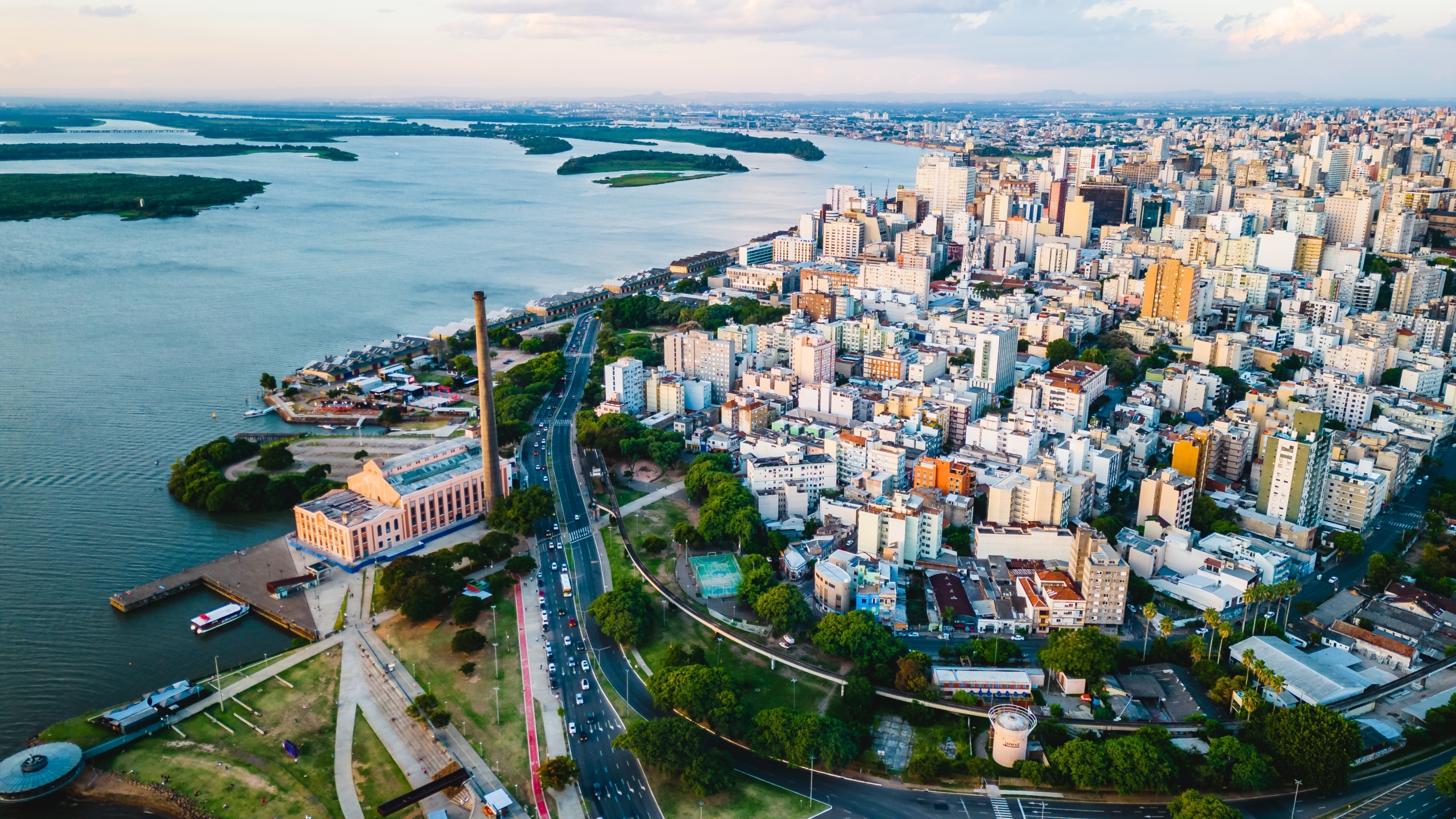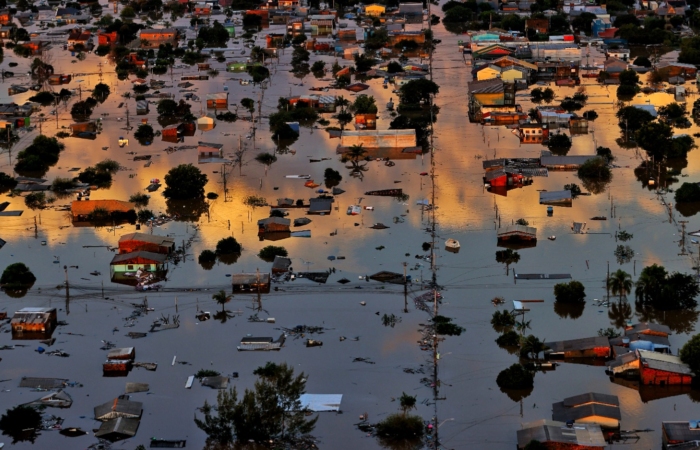
After two months of coverage that showed Brazil and the world the impacts of the greatest climate tragedy in Rio Grande do Sul's history, now, upon resumption, it is also necessary to rebuild the State's reputation. Professional journalism contributed decisively to saving lives, providing transparency to the actions of public authorities, encouraging volunteering and the participation of companies and to the formation of the enormous solidarity network that took over the country.
“It is necessary to shed light on information about the strength of the Rio Grande. “
The challenge of coverage now is to continue showing that all the help is still very necessary, because the journey is long and those with the greatest difficulties in starting over cannot be allowed to be forgotten, however, also bringing objective reasons to believe in reconstruction. I extend this reflection to each of us, who in our social networks and in informal conversations, highlight the seriousness of the losses – especially to stimulate empathy and solidarity.
Maintaining an image of the State's vulnerability makes companies afraid to invest, drives away tourists and encourages the exodus of talent. These are situations that we need to combat, especially when we cannot give up investments and the best minds to rebuild the State, incorporating lessons learned to prevent the tragedy from happening again.
It is necessary to give light to true information about the strength of Rio Grande, one of the five largest state GDPs, with the fourth highest per capita income, above the national average. The State is seventh in human capital, in the competitiveness ranking. Furthermore, it has a robust industrial park and is one of the leaders in agribusiness, with 70% of rice production and 90% of wine, among others. Until it was closed in May, Porto Alegre airport was the leader in overall passenger satisfaction and one of the ten most important in the country.
Rio Grande do Sul wants tourists back, wants young people from all over the country competing for places at its universities, wants new investments and creative minds to work for its future. There is muscle here to overcome difficulties. The recovery will be faster the more investments are made to generate jobs and income and the more the State proves to be prosperous, with opportunities to live, work and invest. May these be the marks that remain from this crisis.
Anik Suzuki is CEO of ANK Reputation and member of the Editorial Board of RBS
anik@ankreputation.com.br
Article originally published in Zero Hora on June 29, 2024

